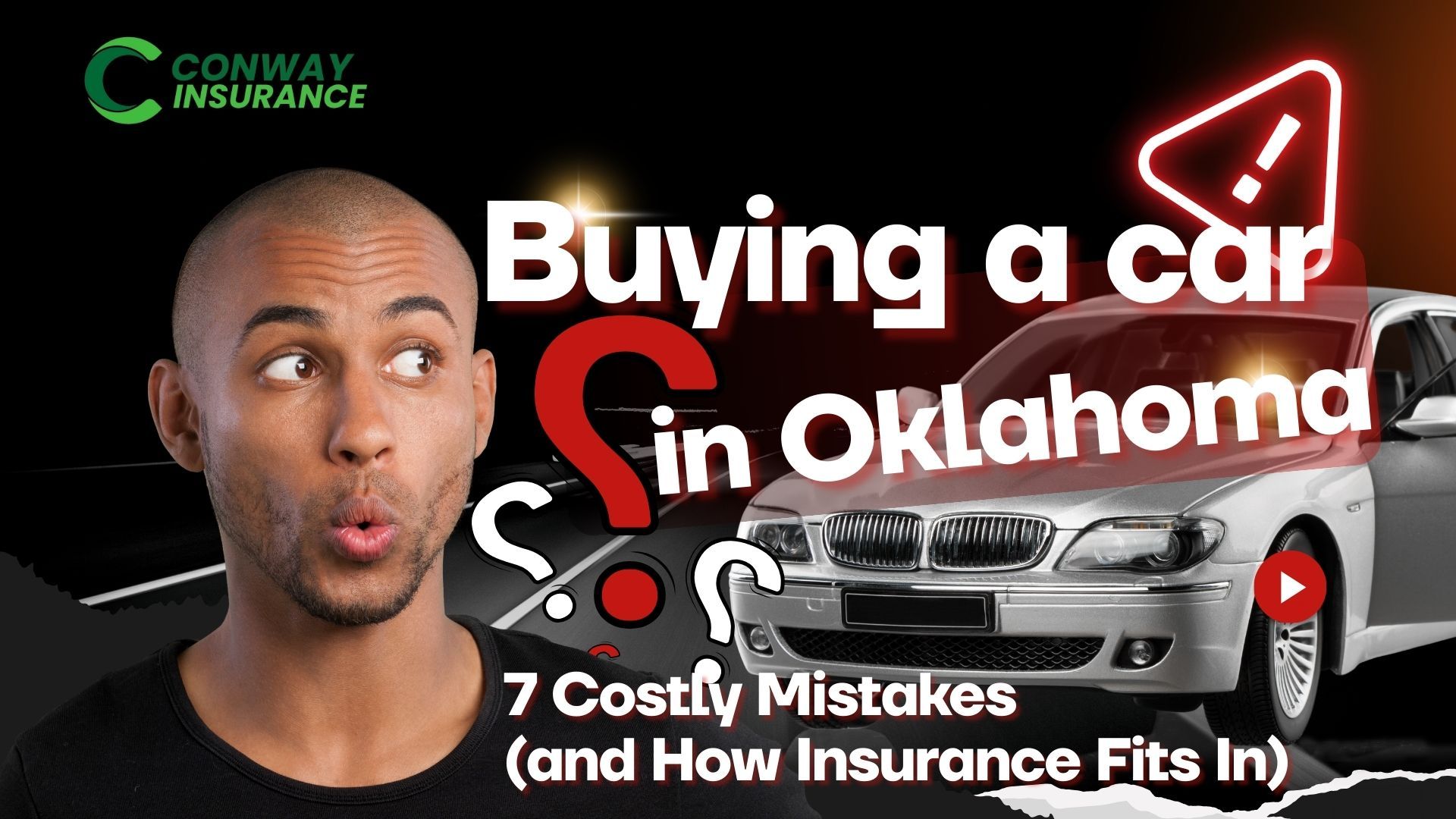Oklahoma Restaurant Insurance: 10 Must-Have Coverages in 2025
10 Must-Have Coverages in 2025
Running a restaurant in Oklahoma isn’t for the faint of heart. Between unpredictable weather, tight labor markets, and the growing list of legal risks, it’s a daily balancing act. And while good food and loyal customers keep your doors open, smart insurance is what keeps them from closing unexpectedly.
Did you know Oklahoma averages more than 60 tornadoes a year? That’s from the NOAA Storm Prediction Center. And that’s just one of the many reasons your coverage needs to do more than check a box — it needs to be built around real risks.
Whether you're serving up burgers in Edmond or craft cocktails in Midtown OKC, here’s a breakdown of the essential insurance coverages every restaurant in our state should consider for 2025.
Oklahoma-Specific Restaurant Risks at a Glance
| Risk | Why It Matters | Coverage Needed |
|---|---|---|
| Tornadoes (60+ per year) | Can force long closures, destroy equipment | Property + Business Interruption |
| Cyber attacks (up 35% in 2023) | Point-of-sale breaches and ransomware are rising | Cyber Liability |
| Dram Shop Laws | Restaurants can be sued for over-serving alcohol | Liquor Liability |
| High employee turnover | Increases exposure to HR disputes | EPLI |
| Flash floods (Moore, Norman, Tulsa) | Property policies typically exclude flood damage | Flood Insurance |
Real talk: These aren't “might happen” risks — they happen. Often. And your insurance should reflect that.
Tier 1 Insurance – Core Coverage Every Oklahoma Restaurant Needs
- General Liability Insurance
Think customer slip-and-falls, property damage, or someone claiming your food made them sick. This is the foundation of any business policy. - Liquor Liability Insurance
If you serve alcohol, you’re on the hook if someone you served causes harm. General liability won’t cover it — but liquor liability will. - Property Insurance
Covers your building, kitchen gear, signage, and inventory against damage from things like fire, hail, and yes, tornadoes. - Workers’ Compensation Insurance
Required by Oklahoma law. It covers employees who get hurt on the job — from burns to back injuries. - Cyber Liability Insurance
Restaurants are a favorite target for hackers. Cyber liability helps you recover if your POS system is breached or customer data is stolen. - Employment Practices Liability Insurance (EPLI)
Covers you against employee claims like wrongful termination, harassment, or discrimination. With tight hiring and fast turnover, this one’s more relevant than ever.
Tier 2 Insurance – Smart Add-Ons for Operations & Delivery
- Hired & Non-Owned Auto (HNOA)
If your team uses their own cars for deliveries or errands, your business could still be liable in an accident. This coverage fills that gap. - Business Interruption Insurance
A fire, storm, or power outage could shut you down. This keeps income flowing and bills paid while you recover.
Tier 3 Insurance – Optional, but Valuable
- Commercial Auto Insurance – For restaurant-owned vehicles or food trucks.
- Flood Insurance – Required in FEMA zones, but smart for anyone in low-lying areas.
- Crime Insurance – Covers theft (yes, even employee theft).
- Umbrella Liability – Kicks in when your primary policies hit their limits.
- Food Contamination Insurance – Covers spoilage, contamination, and losses from health scares.
- Key Person Insurance – If your chef, GM, or partner becomes disabled, this can help cover the loss.
Why You Need a Local Expert on Your Side
Restaurant insurance isn’t one-size-fits-all — especially not in Oklahoma. Between liquor laws, storm seasons, and local health codes, your policy needs a local touch.
That’s where Conway Insurance comes in. We understand the risks that come with running a restaurant here — because we live and work in the same communities you do.
Ready to Protect Your Restaurant?
Don’t let a storm, lawsuit, or staffing issue catch you unprepared. Let’s put a plan in place that actually fits your operation.
Need coverage fast? Schedule a free restaurant insurance consultation
- No pressure
- No cookie-cutter quotes
- Just clear answers and the right protection
🗓️ Ready to Talk Through Your Options?
We’re Conway Insurance, and we’ve helped thousands of Oklahoma business owners—and many in Texas too—get protected without overpaying. We’ll ask the right questions, explain the fine print, and recommend coverage that makes sense—not just for today, but for where you’re headed.
📞 Call us at 405-733-2886
?? Or schedule your appointment online
Let’s make insurance one less thing you have to stress about. Email us directly at steven@conwayinsuranceok.com if you'd rather reach out by message than schedule a call.
Recent posts


